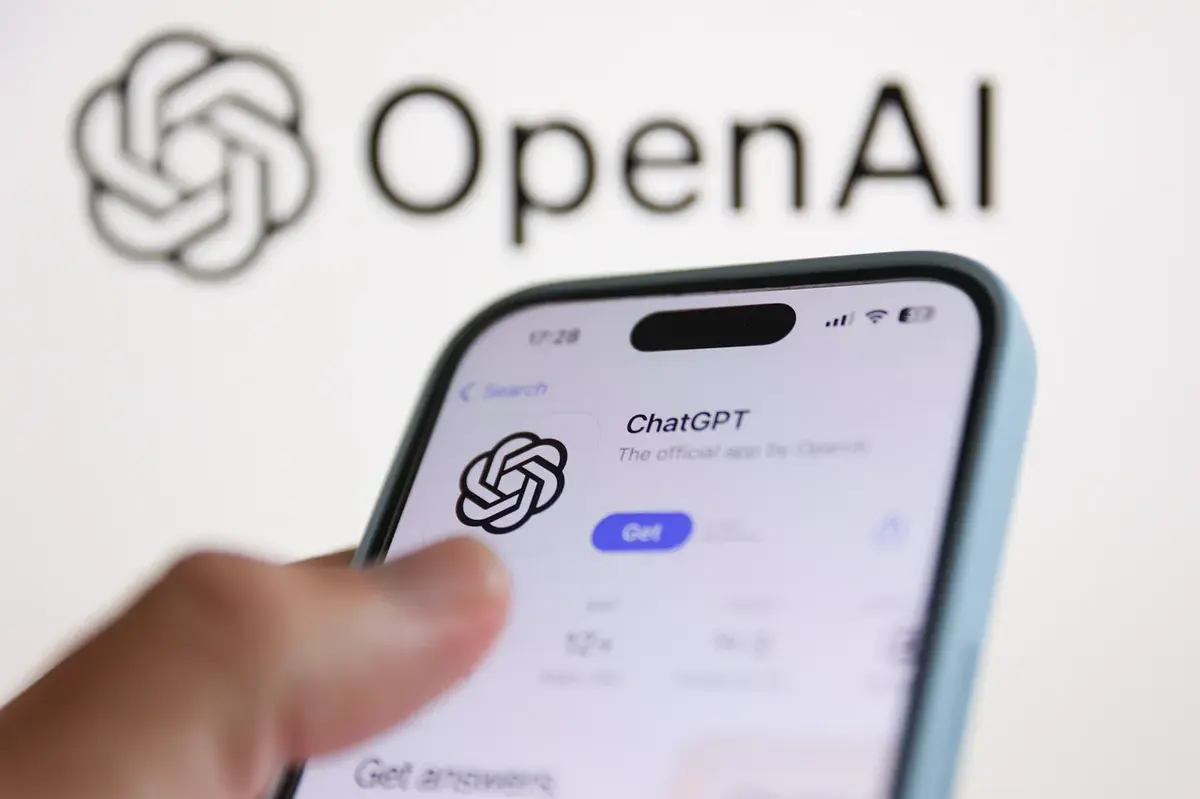Researchers at the University of Cambridge warn that artificial intelligence (AI) tools may soon influence people’s online decisions, from what they buy to who they vote for. This prediction is tied to a new concept called the “intention economy.”
The intention economy is an emerging marketplace where AI systems predict and influence human behavior. These systems could analyze motivations, such as travel plans or political opinions, and sell that data to companies.
Dr. Jonnie Penn from Cambridge’s Leverhulme Centre for the Future of Intelligence (LCFI) explained: “For decades, attention was the internet’s currency. Now, motivations may become the new currency, creating a gold rush for those who target and sell human intentions.”
The study highlights how large language models (LLMs), like ChatGPT, could anticipate and steer user behavior using data such as browsing habits and psychological profiles. These AI tools might dynamically adjust their responses to maximize their goals, such as selling products or influencing decisions.
For example, an AI assistant could ask, “Have you thought about watching Spider-Man tonight?” or suggest, “You mentioned feeling stressed. Shall I book you that movie ticket?” These personalized interactions could be designed to achieve specific objectives, driven by advertisers or businesses.
The report also warns that such AI tools could impact free elections, a free press, and fair competition. It raises concerns about AI systems being used to nudge users toward certain actions, sometimes without their full awareness.
Tech leaders, including Jensen Huang of Nvidia, have discussed how AI models might predict users’ intentions and present tailored suggestions. However, researchers stress the need for regulations to prevent misuse of these technologies.
The study suggests that if left unchecked, the intention economy could reshape how businesses, advertisers, and even governments interact with individuals online.












Leave a comment